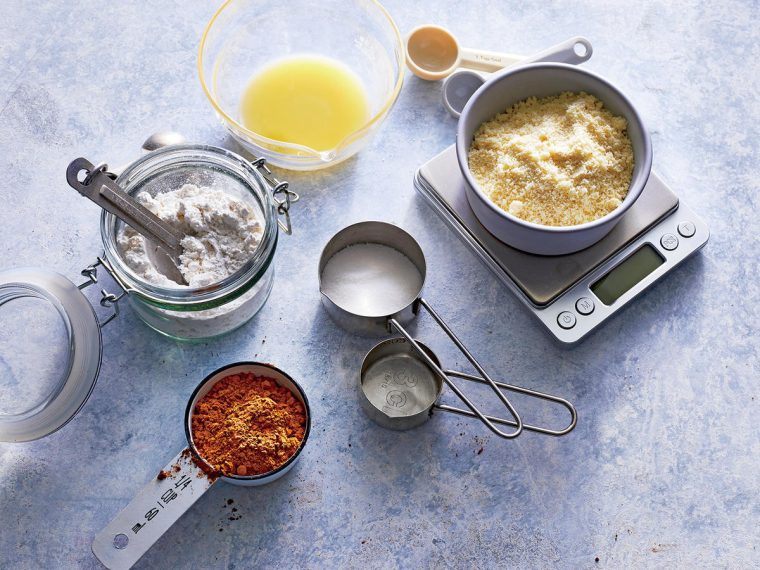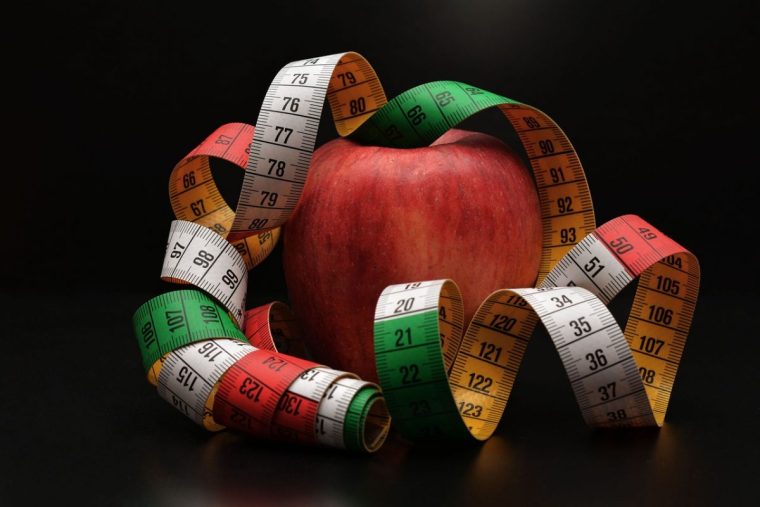Working in a commercial kitchen is no easy task. The pressure is always intense, especially when orders keep piling up. But despite the challenges and risks inside the excruciating heat of the commercial kitchen, many are still willing to invest and participate in it.
When running a commercial kitchen, it’s always important to consider the quality of the food you serve despite the pressure and continuous food orders. You want your food to be clean and free from harmful contaminants that may cause illness and even death to your customers.
However, the quality of the food you serve depends not only on cleanliness, but also on the amount you serve. You want to ensure that every customer gets the same serving of food. Also, make sure that they get what they see on your menu.
To achieve equal meal portions, you may consider using food scales. But if you’re running a highly-advanced facility, you might want to use a conveyor or visit TDI Packsys to facilitate fast weight checking, especially for canned products.
If you’re still not convinced, check out the following reasons below why food scales are essential and a must in a commercial kitchen facility.
It Helps Measure Ingredients Accurately

Food scales help maintain and achieve precise and accurate measurements of ingredients. Consistent and proper weighing is necessary to ensure that the food you’re preparing will yield the same results and quality.
In addition, not using food scales may result in low-quality food. For example, you may create a dish that tastes saltier than the other, even though it’s the same dish with the same ingredients. It usually results from measuring ingredients inaccurately. And if this continues, customers will most likely be disappointed. They may leave you and look for other brands that may serve them quality, consistent, and good food.
Also, if your business bakes a lot, using food scales is definitely a must. Consistency and accuracy are the heart of successful baking operations. Thus, every ingredient should be carefully and accurately weighed to ensure proper chemical reactions and produce better dishes.
On the other hand, you might want to ditch those old measuring cups and spoons. They’re not as accurate as food scales, especially when measuring dry ingredients, which may lead to uneven results and yield.
Digital scales allow you to convert ingredients based on the unit of measurement you want to use. Now, you’ll be able to convert one unit to another without stressing your brain doing mathematical computations.
For example, if a recipe calls for 435 grams of cornstarch, all you need to do is click the conversion feature, and the system will automatically convert anything into grams.
With digital food scales, you don’t have to be knowledgeable in converting every unit, such as grams to pounds and vice versa. Just focus on cooking and creating wonderful dishes, and let food scales do the math for you.
It Helps Reduce Water Consumption
Today, the world is experiencing a global water shortage. Therefore, it’s essential to conserve water as much as possible.
However, when it comes to food businesses, water is a crucial compound. It’s used to ensure and keep everything clean and prevent food poisoning. So, how will food scales reduce your water consumption?
With food scales, you don’t have to wash multiple measuring cups and spoons every time you use them. You can use one bowl to measure all the ingredients.
Fewer items mean fewer things to wash. This way, you’ll be able to reduce your water consumption, even if it’s only a portion of your bill.
It Helps Measure Nutritional Content

If your commercial kitchen serves people with medical needs, you may need to measure not only the serving size but also the nutritional value of the food you serve. For example, if you have a client suffering from obesity and diabetes, you might need to compute the fat and carbs of your meals to meet their medical requirements.
Fortunately, highly-advanced digital food scales have features that allow you to measure the dish’s nutritional content. In that way, you don’t have to do the math and use different formulae to calculate every component.
Also, you may use your food scales to serve cooked meals to fitness and sports enthusiasts with special food requirements, particularly on protein, fat, and carbs. That’s if you want to grow your business and start serving them.
It’s Compact And Affordable
Food scales often come in small sizes, making them a perfect companion for every chef in every kitchen. You may keep them inside your cabinets, over your countertops, or under your drawers. You don’t have to plan or declutter your kitchen to create enough space to store them.
On top of that, food scales usually come at low prices. However, digital scales may be more expensive depending on their features, such as automatic unit conversions and nutritional content determination.
Overall, it’s a great piece of technology that offers the best of both worlds for your food venture, regardless of size and price.
Also, don’t forget to purchase a set of test weights to check if the scale needs to be recalibrated. Test weights are standardized metal bars of different weights, usually from 10 grams to 500 grams.
If you place a 10-gram weight on a food scale, and show more or less than 10 grams, you may need to recalibrate your food scale or buy a new one.
How To Choose The Right Food Scales For Your Commercial Kitchen?

Here are the following factors you need to consider when purchasing a food scale for your commercial kitchen:
- Digital Or Mechanical: It’d be best to go for digital since it’s more compact and yields faster and more accurate results compared to mechanical or analog scales.
- Size: Food scales come in different sizes. And if you don’t have to weigh large amounts of ingredients, a small and sleek one may be enough.
- Purpose: If you need to measure ingredients in smaller increments, it’d be best to look for food scales that can weigh small amounts, such as 0.01 grams.
- Cleaning: Food scales should have removable parts for easy clean-up without damaging the main system.
- Features: Look for food scales with enhanced features that fit your needs, such as an automatic conversion system and nutritional content determination.
Final Words
Food scales are small but terrible technology that helps commercial and domestic kitchens consistently serve good and high-quality food. They measure ingredients accurately, convert units, and even determine nutritional components. Also, they may help you save water by reducing the materials you use in your day-to-day operations. So, grab yours and start serving great meals to your customers right away.
